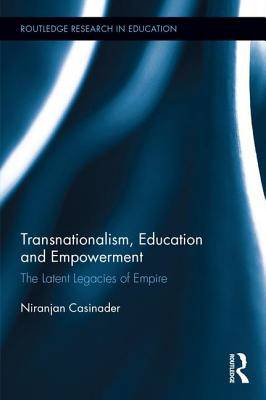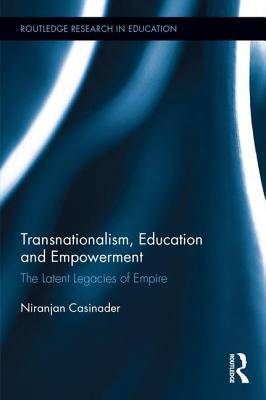
- Retrait gratuit dans votre magasin Club
- 7.000.000 titres dans notre catalogue
- Payer en toute sécurité
- Toujours un magasin près de chez vous
- Retrait gratuit dans votre magasin Club
- 7.000.0000 titres dans notre catalogue
- Payer en toute sécurité
- Toujours un magasin près de chez vous
305,45 €
+ 610 points
Format
Description
This book challenges the existing notion that transnationalism is fundamentally concerned with an action; the spatial movement of people. Instead, it argues that transnationalism incorporates a mindset that has evolved over the centuries, and was psychologically manifested, if dormant, in colonised populations. Each chapter of the book focuses upon educational transnationalism as a means of empowerment for groups throughout the British Empire, and how it became, and remains, the tool for liberation by marginalised groups within formerly colonised societies.
Spécifications
Parties prenantes
- Auteur(s) :
- Editeur:
Contenu
- Nombre de pages :
- 164
- Langue:
- Anglais
- Collection :
Caractéristiques
- EAN:
- 9781138916012
- Date de parution :
- 02-02-17
- Format:
- Livre relié
- Format numérique:
- Genaaid
- Dimensions :
- 157 mm x 234 mm
- Poids :
- 385 g

Les avis
Nous publions uniquement les avis qui respectent les conditions requises. Consultez nos conditions pour les avis.






